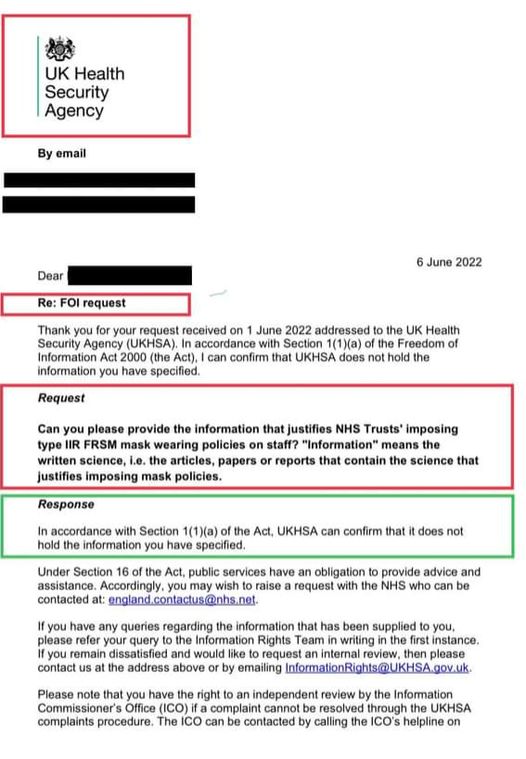What is the law in New Zealand relating to masks?
- If your business is an essential or necessary business which is lawfully permitted to remain open in the current Alert Levels. That permission is given under the current COVID-19 Public Health Response (Alert Level Requirements) Order (the Order) because your business provides essential products and/or services to New Zealanders like me.
- While the wearing of a face covering by customers visiting your premises is required by the Order, there are two things you need to know about that requirement:
a. A face covering does not mean a mask. Under clause 4 of the Order, face covering means a covering of any type that covers the nose and mouth of a person. The Government’s COVID-19 website says this:
“If you do not have a face covering, you do not need to rush out and buy one. You can use another kind of covering, like a bandana, scarf or t-shirt.”
b. Exemptions from wearing a face covering on your premises. Grounds for exemptions specified in the order are:
(a) there is an emergency; or
(b) wearing a face covering is not safe in all of the circumstances; or
(c) the person is in a defined space or an enclosed space that is separate from the passenger area; or
(d) the person is communicating with a person who is deaf or hard of hearing and visibility of the mouth is essential for communication; or
(e) the person is asked to remove the face covering to ascertain identity; or
(f) removal of, or not wearing, the face covering is otherwise required or authorised by law; or
(g) the person is under the age of 12 years; or
(h) the person has a physical or mental illness or condition or disability that makes wearing a face covering unsuitable; or
(i) the person needs to remove the face covering to take medicine; or
(j) the person needs to remove the face covering to eat or drink. - That means that apart from the other specific circumstances mentioned a customer is exempted from wearing a face covering if it is not suitable for a customer because of a physical or mental illness, condition or disability that they have or it is not safe to wear a face covering in all of the circumstances.
- The Government’s COVID-19 website suggests that these customers may carry an exemption card from Disabled Persons Assembly NZ . However, this is not a compulsory requirement and an exemption arises on the valid grounds specified in the Order. If a person does not elect to obtain an exemption card, then you must accept their exemption/s at face-value. It is not for you to consider the validity of the exemption offered.
- Further, it would be a breach of Information Privacy Principle 1 of the Privacy Act 2020 if you asked for details of the customer’s illness, condition or disability. You do not need that information, nor are you entitled to know it.
- It is a fundamental right of every New Zealander to be able to obtain goods and services without discrimination as codified in section 44 of the Human Rights Act which clearly states:
It shall be unlawful for any person who supplies goods, facilities, or services to the public or to any section of the public--
(a) to refuse or fail on demand to provide any other person with those goods, facilities, or services; or
(b) to treat any other person less favourably in connection with the provision of those goods, facilities, or services
than would otherwise be the case,by reason of any of the prohibited grounds of discrimination. - A failure to observe a customer's exemption from wearing a face covering which arises out of a disability or condition is a prohibited ground of discrimination under section 21(1)(h) of the Human Rights Act and is unlawful.
- If you maintain your unlawful position to refuse access to customers with exemptions from wearing a face covering, then you are obliged to provide your products and/or services by alternative means such as contactless delivery or pick up within a reasonable time and at reasonable cost.
- If customers are disadvantaged because of their exemption from wearing of face coverings, and your store is the only one in the locality which the customer is able to access due to travel restrictions in the current Alert Levels, your business may be held liable, particularly if the customer cannot access goods or services through contactless delivery (or other reasonable alternative) within a reasonable time and at reasonable cost.

